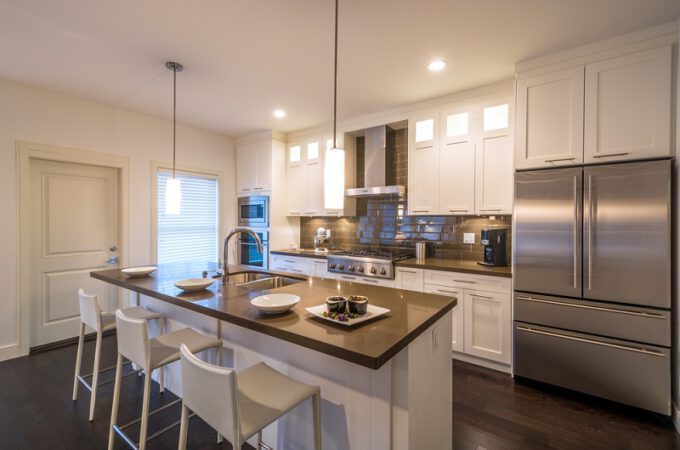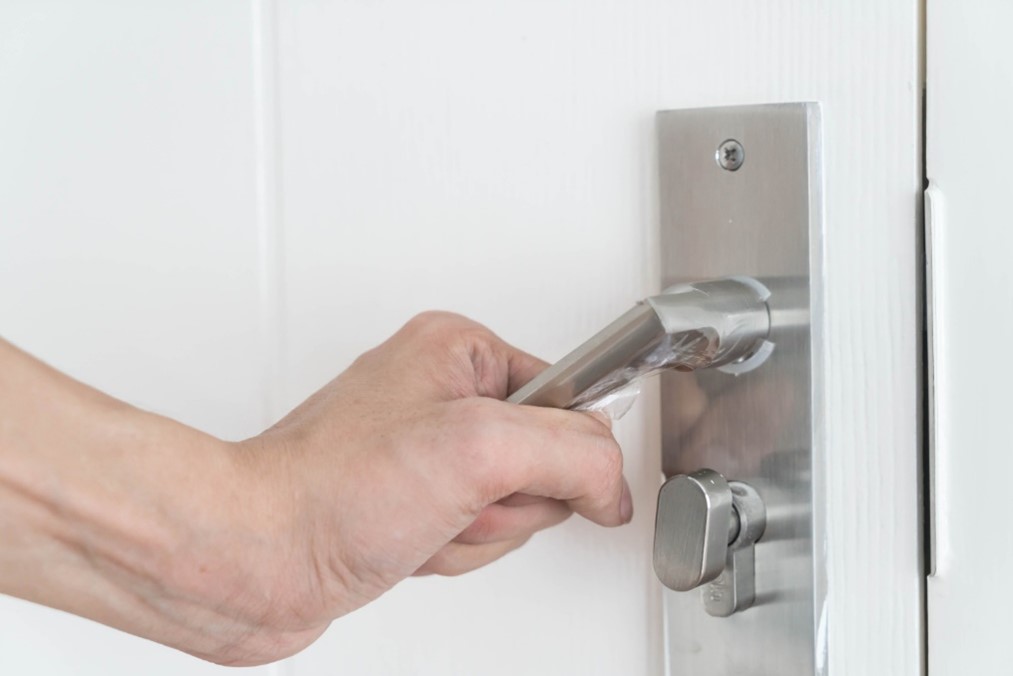
Title: Factors to Consider When Choosing a Split System
Are you grappling with the decision of which split system air conditioner to choose? It’s understandable. With a myriad of options on the market, it can be challenging to find the right one. But worry not, this comprehensive guide is here to help you make an informed decision. We’ll delve into the nuts and bolts of selecting the perfect split system for your needs.
Understanding Split Systems
A split system, also known as a ductless air conditioner, is part of the HVAC (Heating, Ventilation, and Air Conditioning) family. This system consists of two components – an indoor unit and an outdoor unit. The indoor unit is responsible for distributing cool air, while the outdoor unit expels the hot air. Understanding its working mechanism is crucial before making a purchase.
Factors to Consider When Choosing a Right Split System
Several factors come into play when choosing a split system. The size of your room, its orientation, the number of windows, insulation, and your local climate all influence your choice. Moreover, the capacity of the system, measured in BTU (British Thermal Units), should also be considered.
Decoding BTU and its Importance
BTU is a measure of the system’s cooling capacity. A system with a higher BTU rating will cool a larger space more effectively. However, a system with more BTUs than necessary can result in inefficiency and higher energy costs. Therefore, it’s essential to choose a system with a BTU rating that matches your needs.
Importance of Energy Efficiency
Energy efficiency is another crucial aspect when choosing a split system. The more energy-efficient your system, the lower your energy bills. Look for models with a high Seasonal Energy Efficiency Ratio (SEER) – the higher the SEER rating, the more energy-efficient the system.
Cost Considerations
While cost should not be the only deciding factor, it’s an important one. Always consider the purchase price, installation costs, and operational costs before making a decision. A cheaper model may seem attractive, but it could lead to higher energy bills and maintenance costs in the long run.
Installation and Maintenance
Proper installation of your split system is key to its performance and longevity. Professional installation ensures your system will operate as efficiently as possible, extending its lifespan. Regular maintenance is also essential to prevent potential problems and costly repairs.
Conclusion
Choosing the right split systems comes down to understanding your needs and considering several factors like BTU, energy efficiency, cost, and maintenance. By taking the time to understand these aspects, you’re sure to find a system that fits your needs and budget. Remember, the right choice will provide you with comfortable and cost-effective heating and cooling for years to come. Indeed, mastering the art of choosing the right split system for your needs is not as daunting as it seems. Armed with the right knowledge, you’re now ready to make an informed decision.


